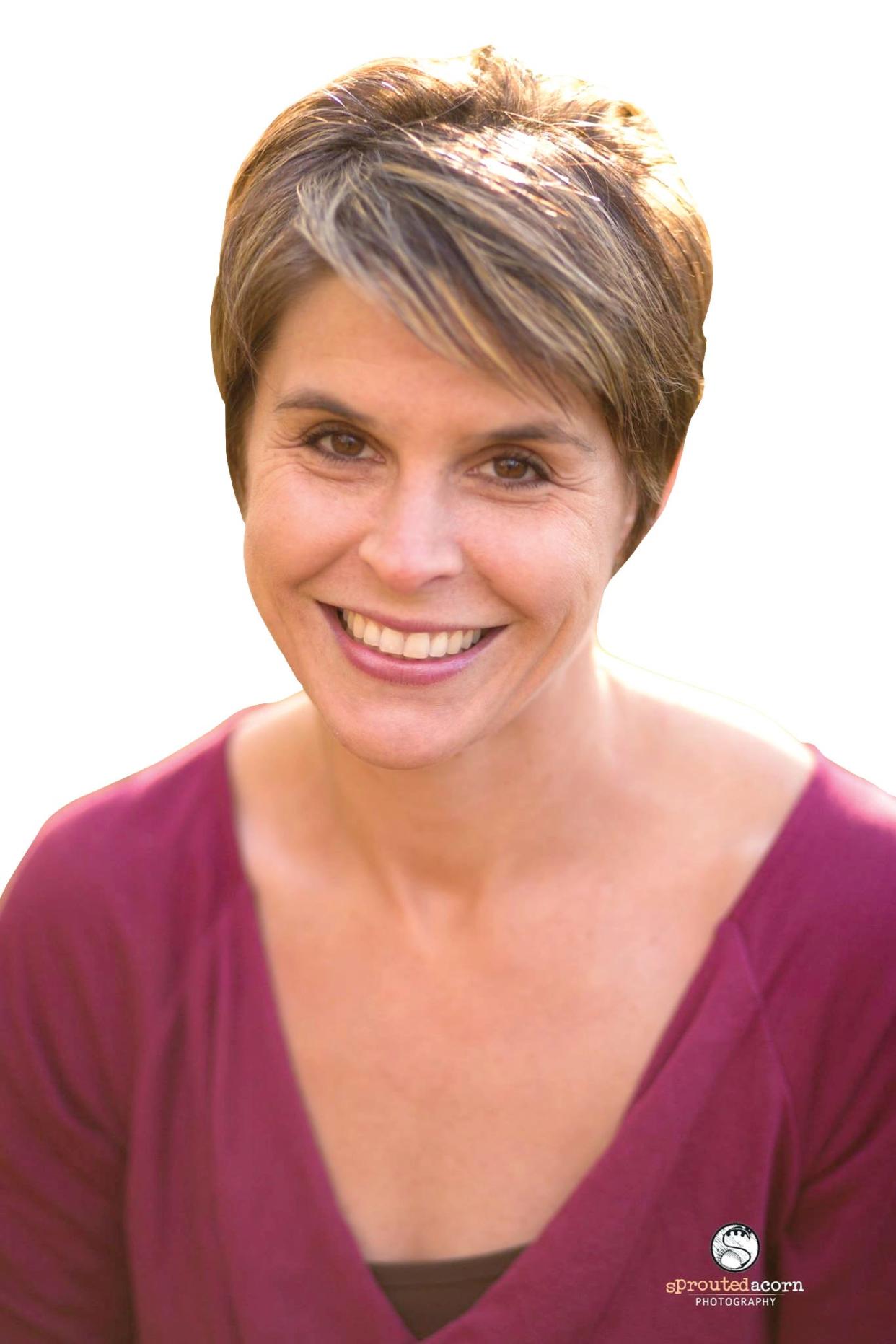Dirt Don't Hurt: Are you turning into your mother?

I stood at the sink, washing dishes. Hands rinsed, I noticed a piece of cheese still sitting on an hors d'oeuvre tray and popped it into my mouth. This simple act of eating something with wet (but clean) hands was obviously revolting to my teenage daughter. “Gross,” she said. “That’s something Nana would do.”
This was not the first time my children have accused me of turning into my mother. When I can’t see something, and then can’t find my reading glasses, they call me Nana. When they see the print on my phone has been enlarged, they call me Nana. When I pour half of a can of pop into a glass. When I make conversation with strangers at restaurants. When I prepare way more food than we need. When it takes me more than 0.5 seconds to take a photograph. When I can’t work the TV remote … they call me Nana.
More: Do you have 'slabod' just before the main dish is served? If so, put a fork in it
A few years ago, a study by Dr. Julian De Silva in London, UK talked to 2,000 men and women and concluded women, on average, turn into their mothers around the age of 33. The reasoning behind this was that by the age of 33, most women have become mothers and often our behaviors are learned when it comes to raising kids. Where did we learn these things? From our own mothers. So we act like them without even knowing it. It’s almost written in our DNA.
Passing on the good mothering genes
My cousin and I always joke that if we start turning into our mothers, we’re going to have an intervention or something. We laugh, but deep down we already know our metamorphosis has begun and at the end of the day, we’re both lucky to be turning into some pretty fantastic women.
Are our moms annoying to us just like we are annoying to our kids? Absolutely. It’s an unspoken evolutionary tale, the passing on of good mothering genes and little habits that drive our children crazy. And someday soon, if they haven’t already, our children will gather and make a pact to host an intervention if (when) they start turning into us.
Although the researched age of becoming your mother is 33, I think the process starts much younger. I have personally seen my children comment to their friends about appropriate footwear and the height of rivers after a rain and I know all of these years they have been listening to me even if they don’t seem like it. They only barely know that their transformation into me has begun.
And so the lovely story continues, mother after mother after mother after mother, and wishing all of them a wonderful Mother’s Day.
Reach Karrie McAllister at mckarrie@gmail.com.
This article originally appeared on The Daily Record: Dirt Don't Hurt: As we age, are we becoming our parents?

